Aticco is one of those interesting coworking growth stories which tells us that there is place for independent big players aside of WeWork or Spaces. Aticco is a born and raised coworking firm in Barcelona; a 3 years old brand that has managed to open 6 coworking spaces, around 25.000 m2 all together and without VC investment. We have interviewed Franz Pallerés, the Co-founder and Chief Operations Officer of Aticco, to find out more about its story of success and his future plans. Franz Pallerés will also be speaking at Coworking Europe 2019 in Warsaw on November 13-15th.
Hi. Can you tell us about the story behind Aticco ? What is your positioning?

Franz Pallerés, the Co-founder and Chief Operations Officer of Aticco
Aticco was born precisely in another coworking space. I was the space manager and my two partners were clients there. Having both points of view, we realized that if we focused on customer service and excellence in the management needed, it was an improved model. From there we began to imagine the space we wanted to create. We found an incredible attic in downtown Barcelona and we found it to be the perfect place to start this adventure. The support and confidence of the first coworkers were essential for us to move forward. Three years later we look around and we are very proud of what we have built. Aticco are not just working areas. Together we have generated an innovative ecosystem where we collaborate, learn, and grow.
The support and confidence of the first coworkers were essential for us to move forward.
We’ve read that the Coworking offering in Barcelona grew by 23% just in the last 6 months of 2019. How do you explain the boom?
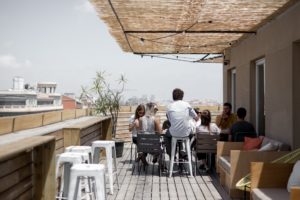
Aticco, Barcelona
Barcelona has established itself as a business and investment hub in Europe. The arrival in the city of large multinationals proves it. It has everything a company (startups and corporates) wants: qualified employees, investors, fertility for growth, quality of life (climate, gastronomy, environment…), and good connections with the rest of the world. As a result, the demand grew in the last year and forecasts indicate that it will continue to do so. And on the other hand, coworking spaces are perfect to house these companies. Faced with the traditional real estate offer, we offer flexibility of growth without permanent conditions and take care of all efforts, design training activities, organize meetings between entrepreneurs and mentors, celebrate events to have fun and connect with other people… And all that helps companies focus 100% on their project, have more opportunities for growth because of the connections that are created and strengthen the bond of their workers and their motivation. That is why there is an increasing demand for flexible spaces in the market.
Are you accommodating startups and freelancers, mainly, or other tenants profiles?
We have always believed that the combination of companies of different sizes and structures benefits fertility and environmental connections. The diversity of business models increases opportunities for collaboration. For example, freelancers or small businesses exchange services with each other, and learn the financing and investment processes of startups; early startups see the development of those that are already in a high growth phase and can sense the following challenges that they will have to face; large structures need to inspire and retain the talent of their team and they get it through contact with other profiles that complement them.

Aticco, Barcelona
In recent months we have had an increase in large corporations that are committed to entering flexible spaces. And it is not just for the ease of management and the options to continue growing without rigid conditions. But because of the enrichment that gives them at the level of human resources and brand value, being within an innovative ecosystem.
Freelancers or small businesses exchange services with each other, and learn the financing and investment processes of startups; early startups see the development of those that are already in a high growth phase.
You grew from 1.000 m2 a few year ago up to 25.000 m2 and six buildings today. Did you simply benefit of the strengthening of the market demand or has it to do with a home-designed approach you had?
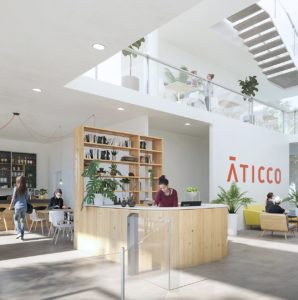
Aticco, Barcelona
When we started, our initial plan was 1,000 m2 and we dreamed of expanding to 2,000 m2 after a year. But the levels of occupation that we achieved within a few months indicated that there was a high demand and that the community also liked what we offered and the atmosphere of closeness and family there was. Our coworkers have been the best ambassadors of the brand. This added to the fact that the big operators had not yet arrived in the city, made us enjoy a certain advantage. And we bet on the constant growth although that made us assume many risks. It has been a mix of being in the right place, at the right time, offering quality service and constantly evolving according to market needs.
Our coworkers have been the best ambassadors of the brand.
You compete nowadays at the same levels in terms of size and number of members as the big international brands like WeWork or Spaces, who have locations in Barcelona. Your thoughts on that?
In the current context of Barcelona, that statement is a reality. Knowing that in terms of financing we are infinitely smaller, on a daily basis we compete with them in all fields. Both in target, as in the search for new locations, the commercialization of leads, the processes of HR… The resources we have are smaller but the end result, after much effort and dedication, is that we fight to convince the same audience and offer the same level of demand in our spaces. We have to be creative and resourceful to get it. And I think that makes us value more every lead that transforms into a new coworker. We are David vs. Goliath of the flexible spaces of Barcelona!
The resources we have are smaller. We have to be creative and resourceful to get it.
How about the funding. You didn’t raise VC money nor have you a big international company behind you, do you?

Aticco, Barcelona
3 years ago we raised 110 k of friends and family, and 1 year ago we raised 700 k in a small round led by different family offices in Barcelona, we don’t have VC money nor we are backed/owned by a real state company, we had profits since we opened 3 years ago and it helped us grow organically and maintaining control of our company.
Would you say that independent brands can play on the same ground as the big international coworking names in any city?
I personally think that the big brands are slower and therein lies the opportunity of the smaller operators. For example we have seen it in negotiations with buildings or potential customers. Our decision making is faster and allows us to take better advantage of the situation. Another important point is flexibility. Big brands work almost like franchises, where the same model that has worked in other cities is incorporated. That on the one hand is good, because the whole system is very automated, but on the other hand, changes or adaptation to the environment is worse.
The local operator always has an advantage because of the knowledge of the environment. But you have to know how to use it. And finally I think that the commitment of the workers, loyalty and motivation with the project, are easier to maintain in not so systematized structures.
Our decision making is faster and allows us to take better advantage of the situation. Another important point is flexibility.
What about your plans for the rest of Spain?
We plan to open very soon our flagship in Madrid, it’s scheduled for Q1, 2020.
Do you have any projects regarding the opening of new locations in Europe?
Yes, we had Lisbon in our scope for a while, so soon you will find us there. We are still looking for new places where our community can grow. Smart cities committed to change, welcoming innovation hubs that will challenge the future.
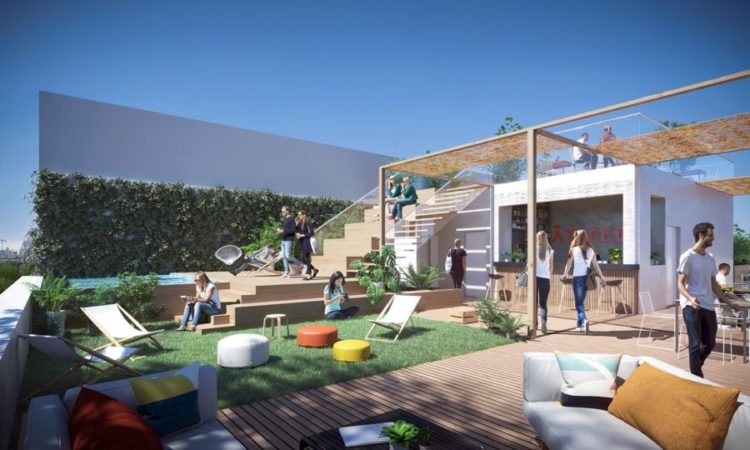

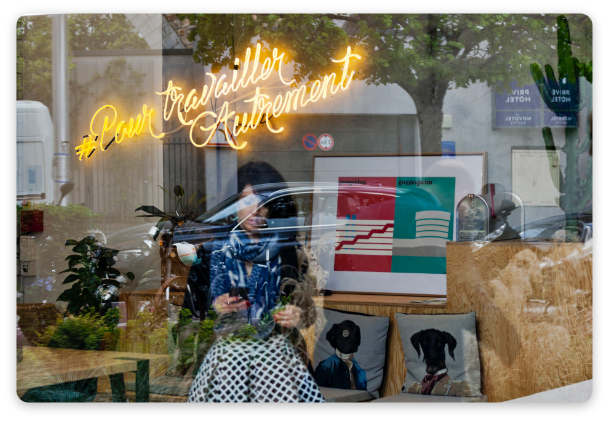
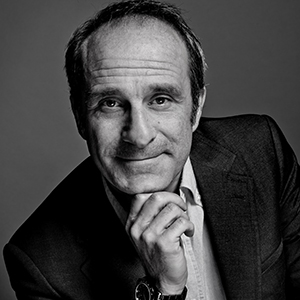

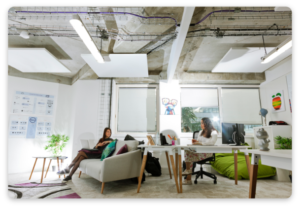

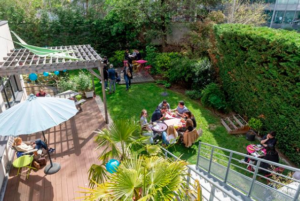
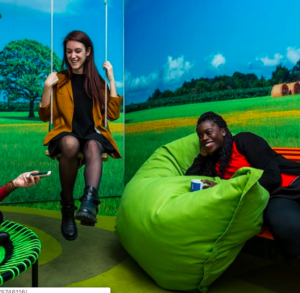
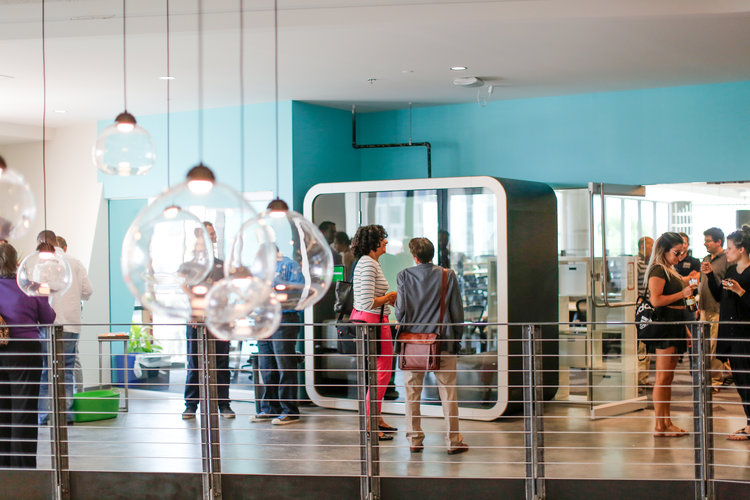

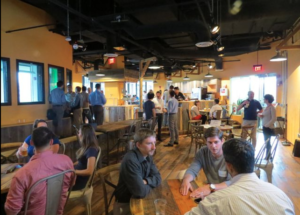


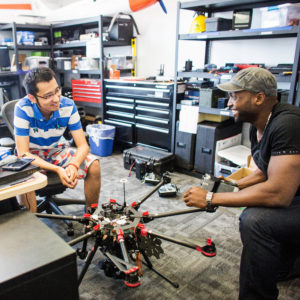



Recent Comments